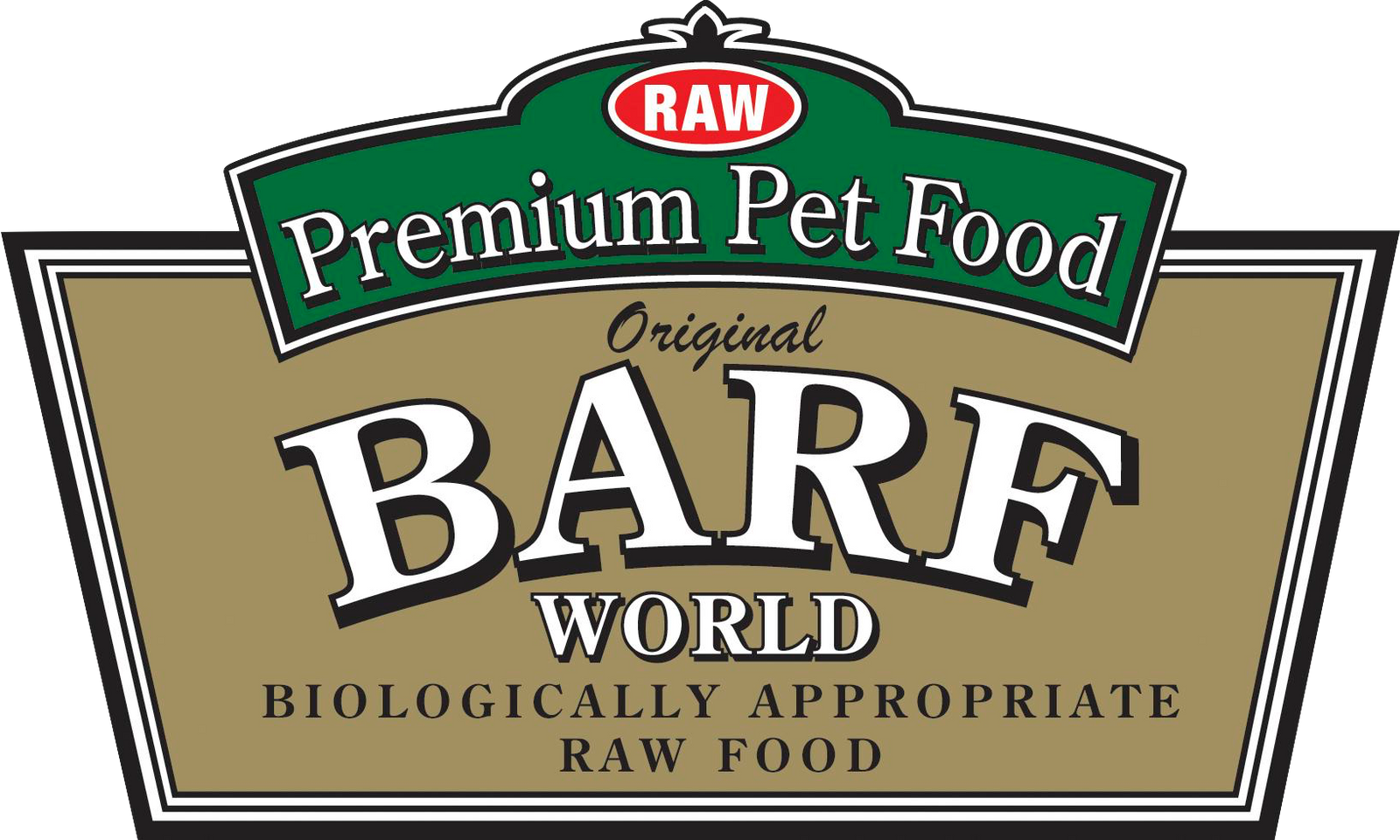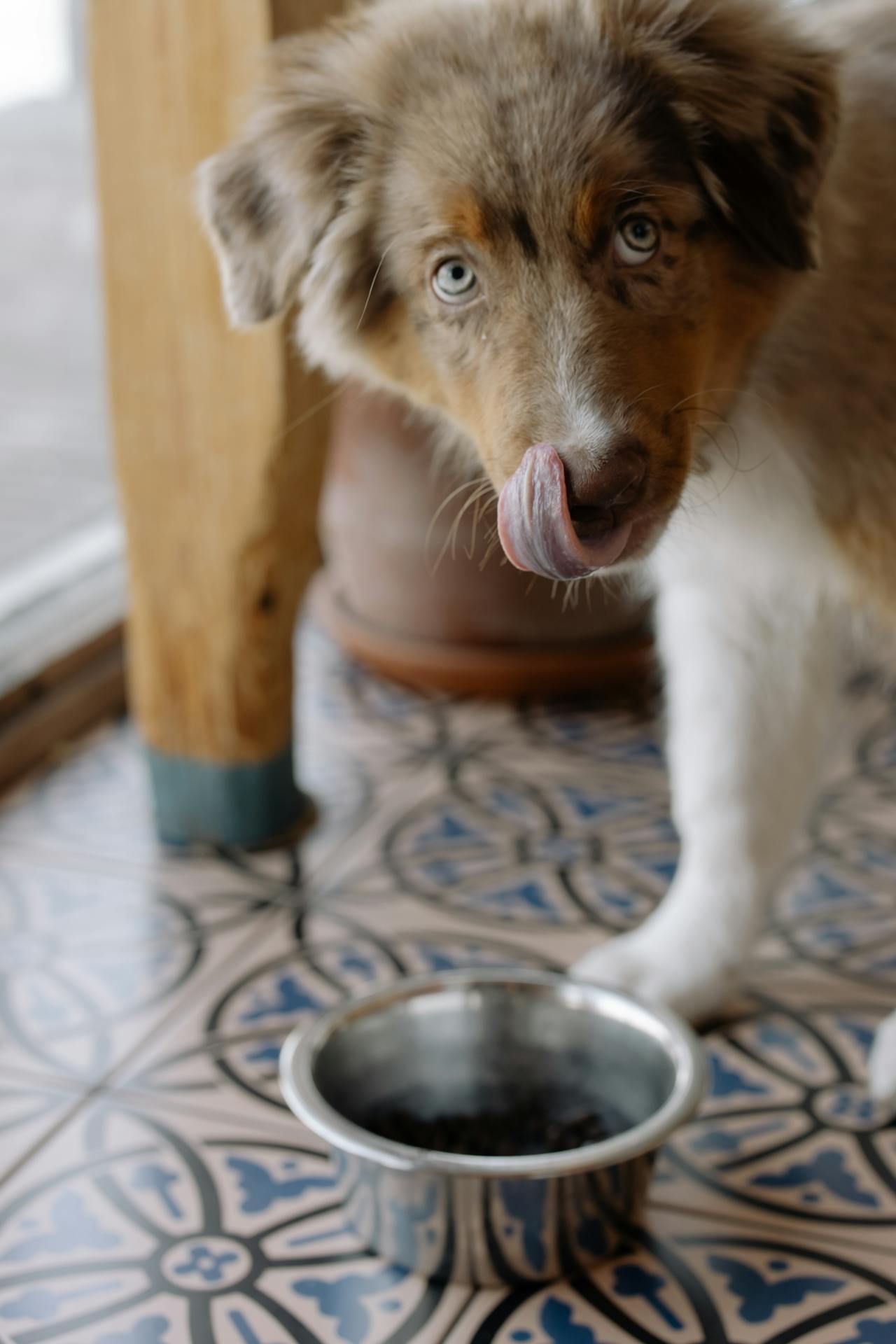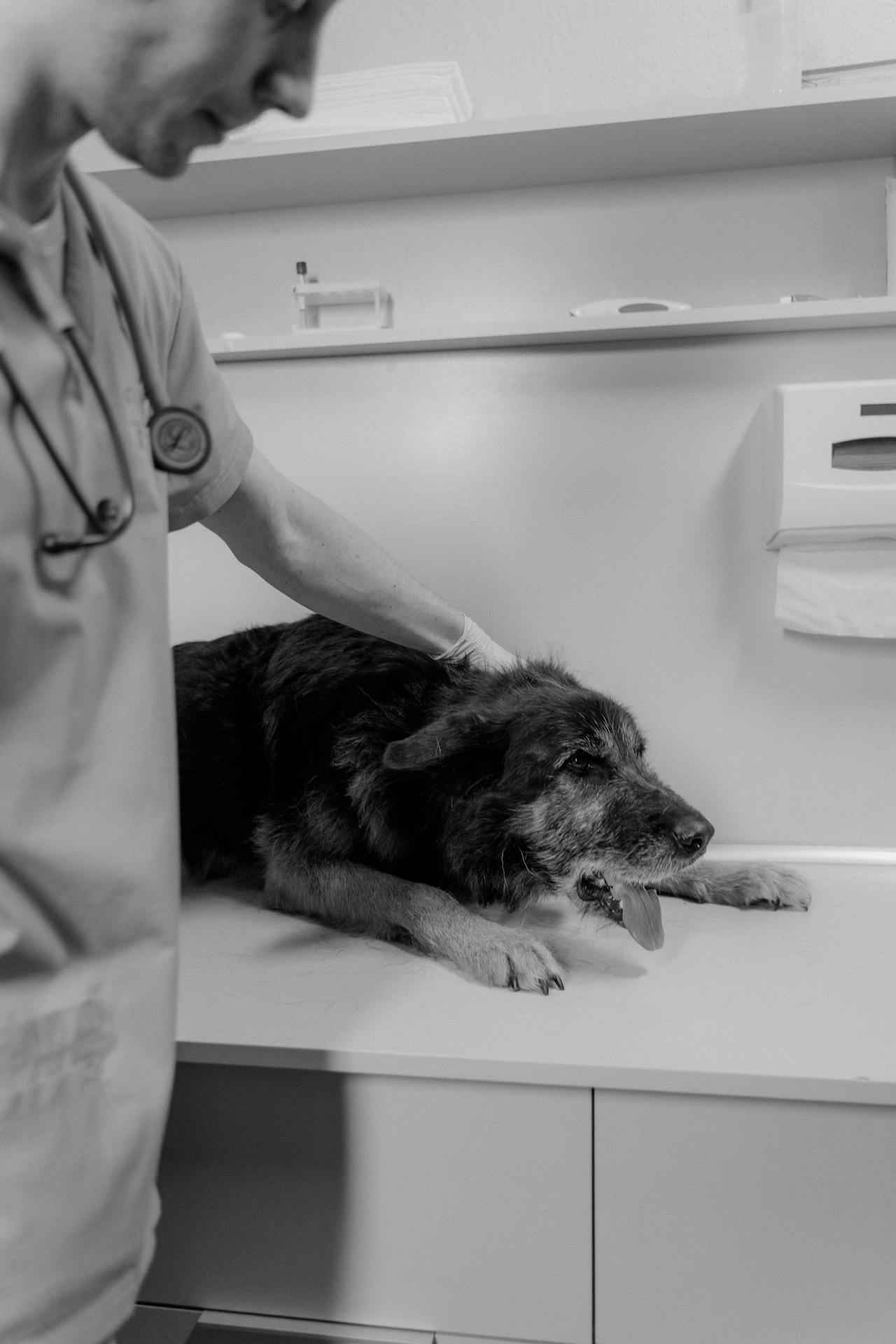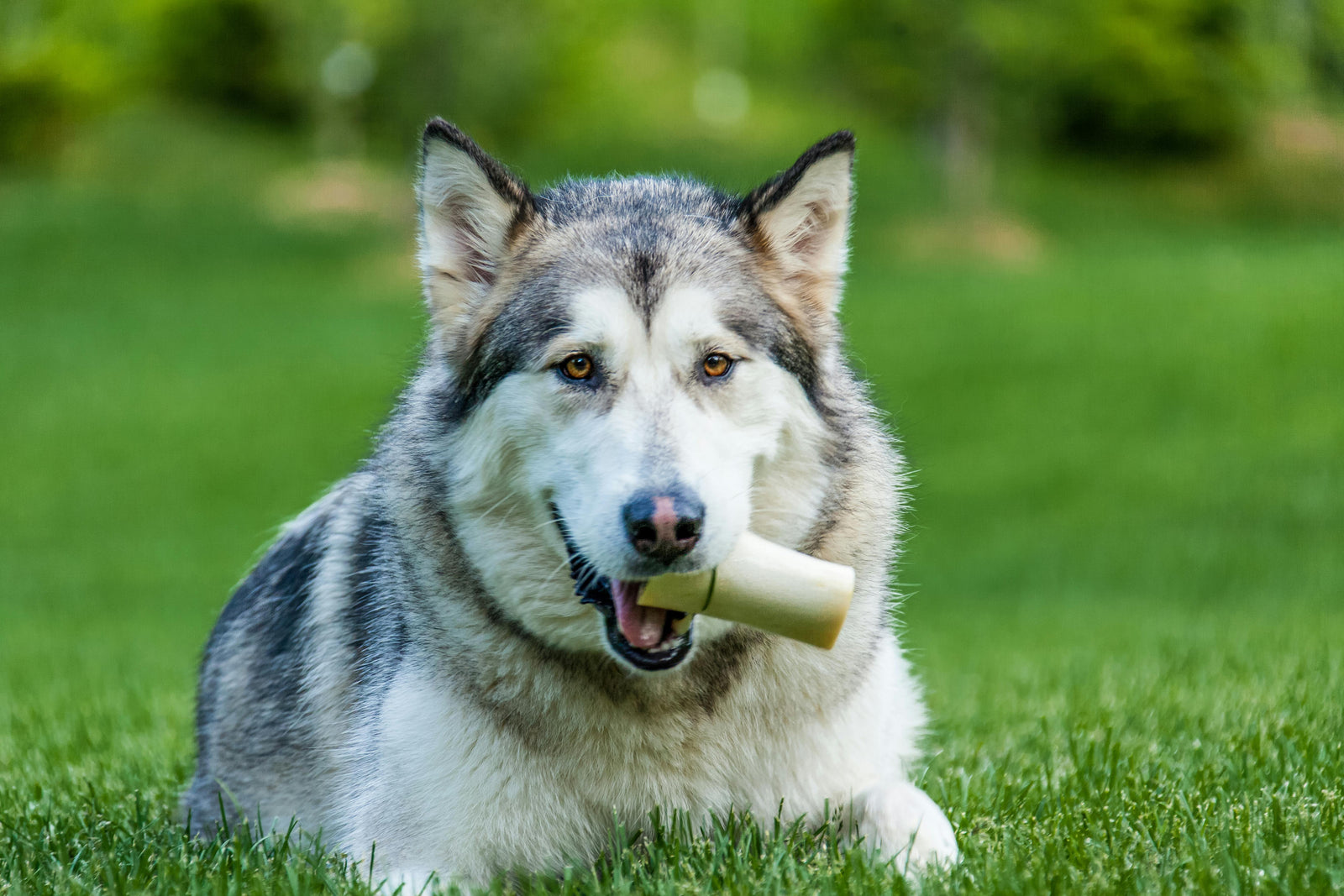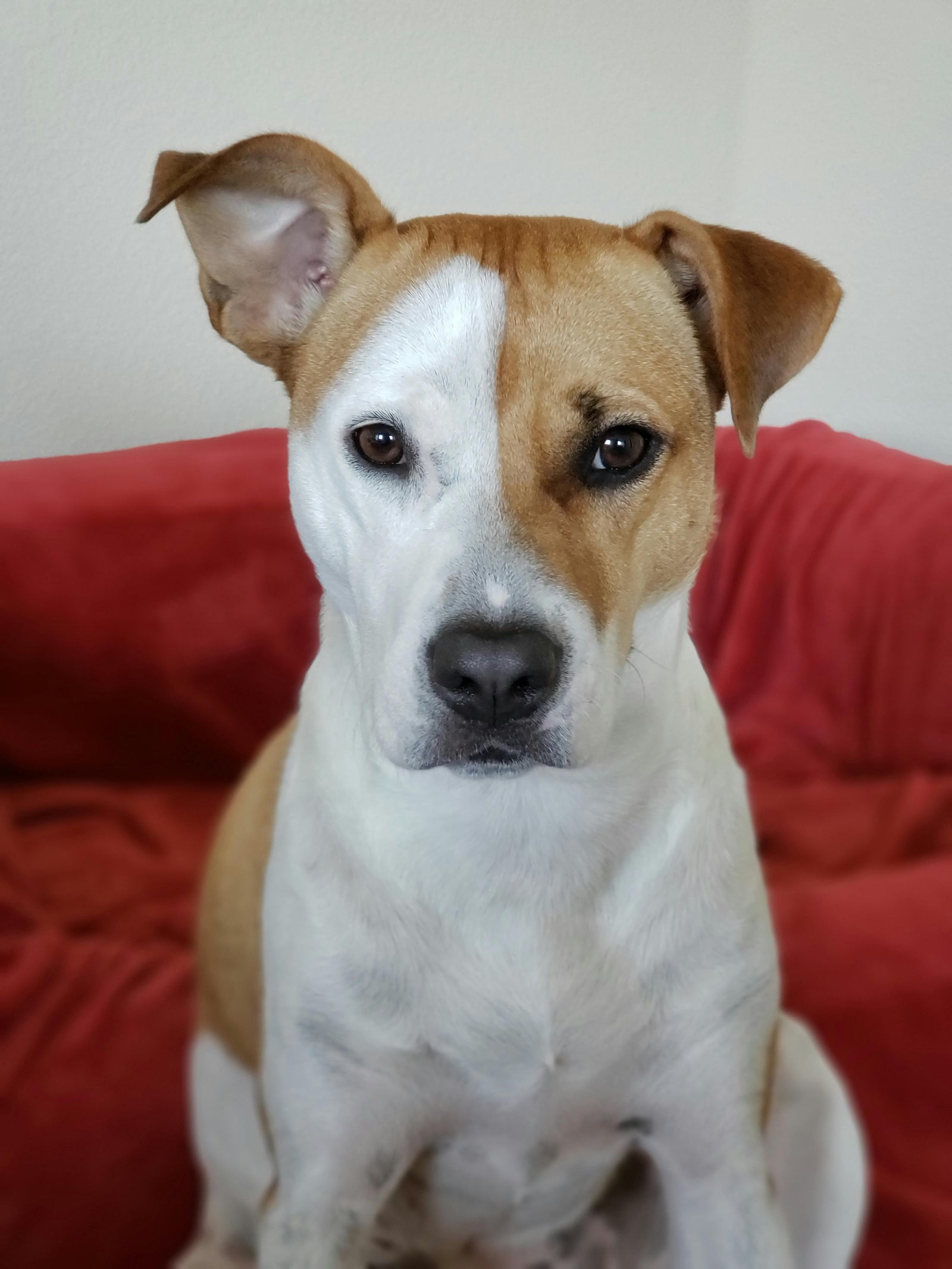As pet owners, we strive to provide the best care for our furry companions, ensuring their health and happiness. However, one aspect of pet care that often goes unquestioned is the quality of food we feed them. Kibble, the convenient and widely available option, has long been a staple in many households. Yet, beneath its convenience lies a plethora of hidden dangers that every pet owner should be aware of.
We’ll delve into the risks associated with feeding kibble to your pets, shedding light on the potential harm it can cause to your pet’s long-term health. We also will offer alternative solutions for a healthier, happier pet.
Lack of Nutritional Quality
Despite claims of being a complete and balanced diet, many commercial kibble brands fall short when it comes to nutritional quality. The high-heat processing methods involved in creating kibble often strip away essential nutrients, leaving behind a product that lacks the vital vitamins, minerals, and enzymes that are crucial for your pet's well-being.
Additionally, the primary ingredients in kibble are often low-quality fillers such as corn, wheat, soy, and by-products, which offer little to nutritional value. This inferior diet can even trigger allergies or digestive issues in some pets. This lack of nutritional quality can lead to deficiencies over time, compromising your pet's overall health and vitality.
